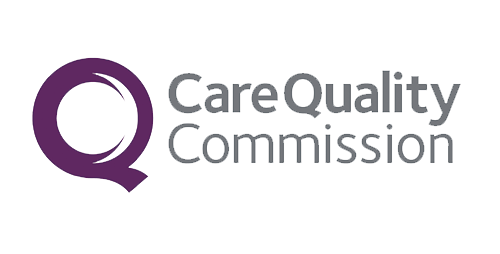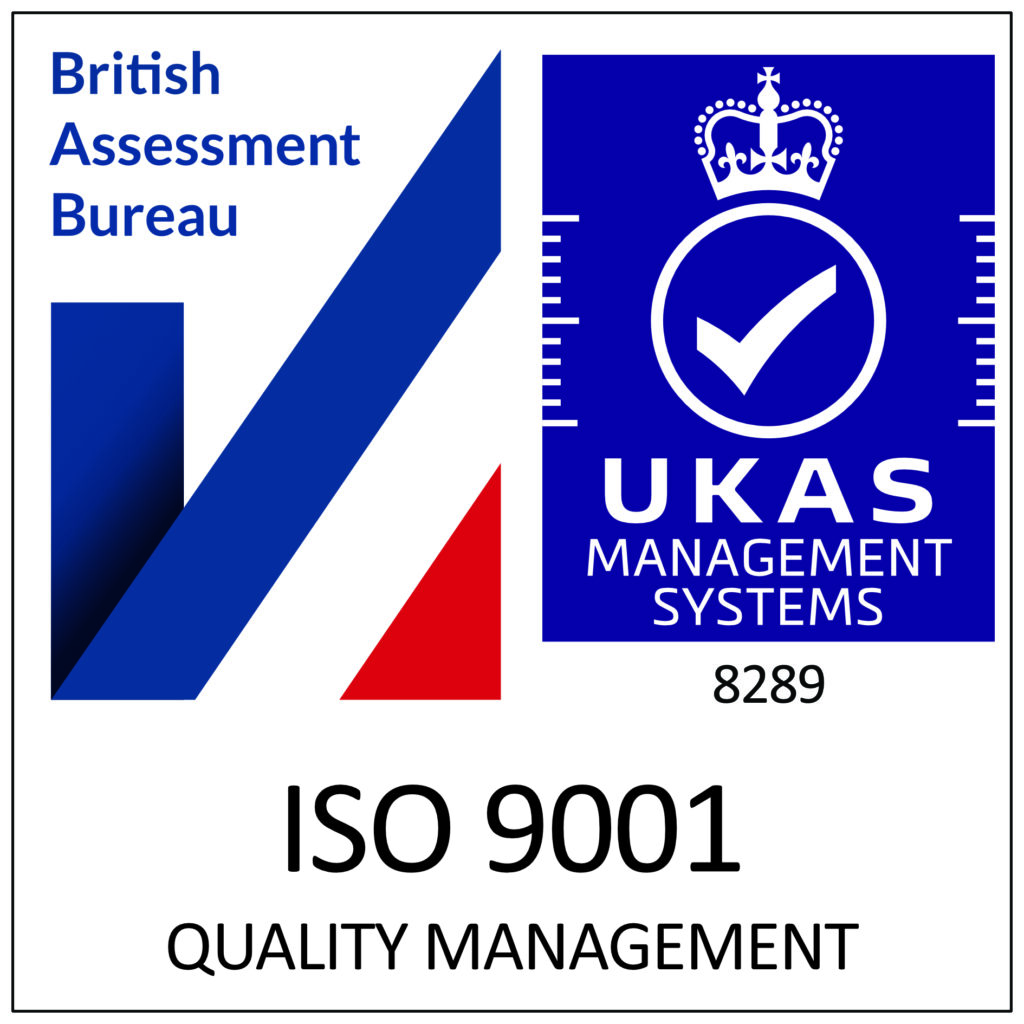PLAB 2
PLAB 2 is an objective structured clinical exam (OSCE). It’s made up of 16 scenarios, each lasting eight minutes and aims to reflect real life settings including a mock consultation or an acute ward.
Fees: £875.00

What is PLAB 2
PLAB 2 is the second part of the GMC’s PLAB exams and is an Objective Structured Clinical Examination Exam. It is made up of 18 scenarios, each scenario will last around 8 minutes and aims to reflect real life settings including a mock consultation or an acute ward. The whole exam will take around three hours and 10 minutes approximately. In between each scenario you have 90 seconds to read the instructions and patient information. There will be at least 2 rest stations, allowing you to take breaks.
The exam will cover everything a UK trained doctor might expect to see on the first day of Foundation Year Two (F2).
It tests your ability to apply knowledge to the care of your patients, not how well you can remember and recite facts.
All the questions relate to current best practice, you should answer them in relation to published evidence and not according to your local arrangements.
Where is PLAB 2 Held?
The PLAB 2 Exam is held at the General Medical Council Assessment Centre in Manchester
General Medical Council
3 Hardman Street, Manchester, M3 3AW.
Please be aware this is the only assessment Centre and to sit the PLAB 2 you will be required to come to the UK by applying for a PLAB 2 UK Visit Visa.
Please note, you will need to apply for a UK visit Visa as soon as you have booked your exam, you will need to collate numerous documents to evidence your application, so it is best you get organized for this as soon as possible.


When should I Book my PLAB 2 Exam?
The PLAB 2 exam can be booked at any time throughout the year as the GMC holds multiple exams sitting per month.
However, the PLAB 2 is in high demand which means that it is rare to be able to book an exam date for the following month. On average, exam dates are available almost 90 days ahead of the date you are booking on.
Due to the high demand, we therefore advise for you to book you PLAB 2 Exam date as soon as you find out you have passed the PLAB 1. Those who end up booking a week after finding out their passed PLAB 1 result can end up waiting up to 5 months for the next available date.
To apply for your PLAB 2 Exam you will need to log onto your GMC registration account to view the available dates and book under the ‘My tests’ section. You can only do this once you have your PLAB 1 result.
When should I start preparing for PLAB 2?
The preparation time for PLAB 2 will vary depending on the individual and their personal circumstances. Factors that will influence your preparation time include you:
- Medical knowledge
- Clinical Assessment Experience
- Interpersonal Skills
- English language skills
- We advise roughly around 8 weeks of revision.


PLAB 2 Courses
Online PLAB coach
This course is based online and costs £250.00
Buying this course offers you access to PLAB 2 lectures and a simulated mock exam.
Dr Swamy PLAB courses- Manchester
This course can be taken In-person or is available online. The course is located at a medical training Centre with the purpose of Training International Medical Graduates for the PLAB 2 Exam.
The course in held in Levenshulme- Manchester
For £600.00 you will receive a 12-day course of training and revision resources for PLAB 2, unlimited days of mannequin practice until your exam date and two mock tests.
PLAB 2 Course
The use of Facebook Groups and Online Forums
There are numerous PLAB 2 Facebook groups you can join which will provide you with the support from other IMG’s, the ability to ask mock exam questions, or the opportunity to find a partner to practice with.
PLAB 2 Exam stations
The PLAB 2 stations can be roughly divided into three categories
- History, Examination, Diagnosis and Management Stations
- Purely Manikin/ Examination Stations
- Medical Ethics Station


You will have to complete the entire task within 8 minutes. A bell will ring at 6 minutes, and you will have to proceed to the Management part if you have not yet begun it.
Time management is a fundamental part of these stations because the mark scheme is based on History, Examination, Diagnosis and Management.
PLAB 2 Courses
History, Examination, Diagnosis and Management categories
These stations will comprise of a clinical based scenario between a doctor and patient within a typical clinical setting. The topics can range from several specialties including Medicine, Psychiatry and Paediatrics.
You will be expected to take the patients history, perform and examination and discuss management with the patient.
You will be expected to take the patients history and perform an examination and discuss management with the patient.
The Marking Scheme
There will be a total of 12 marks for each station
The marking is based of 3 criteria’s
- Data Gathering, Technical and Assessment Skills – History taking, Physical examination, practical procedures, investigations leading to a diagnosis
- Clinical Management Skills – Formulating a diagnosis, explaining something to the patient, formulating a management plan
- Interpersonal skills – How you approach the station: whether you establish a rapport with the patient, how you use open and closed questioning, involving the patient and demonstrating your professionalism and understanding of ethical principles.

When marking against the domains the examiner will assess your competency across several skill areas.
However, marking is based directly against the above criteria, there is several other elements that the examiner will consider. This includes your listening skills, your tone of voice, hand gestures.

Successful Tips to Passing PLAB 2
Take some time to read the task
It is very important to take your time to read the task and to understand what is expected of you. When you are considering your approach to the task remember the three criteria you will be marked on.
If you have misunderstood the task, the examiner may ask you to refer to it again. If this does happen don’t worry, take deep breath, and start again
When you are given the name of the patient, make sure you use the correct name and do not waste time establishing the patient’s name. This may appear like small detail but to call a patient by their wrong name is unprofessional and it will impact of your overall mark at the station.



